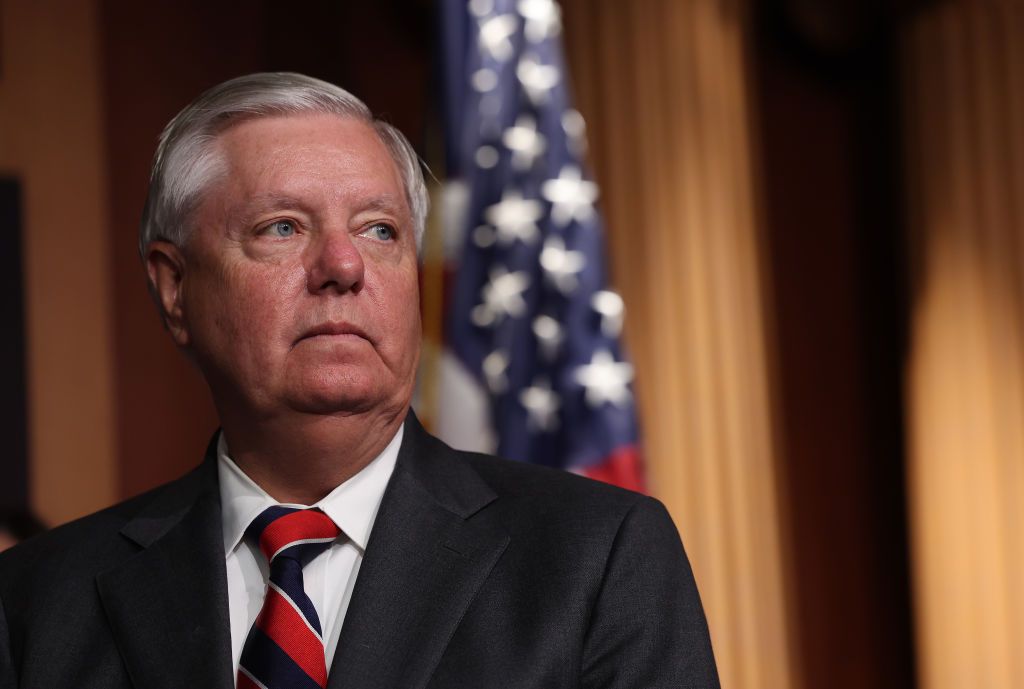Russia denies Putin pushed Iran for 'zero enrichment' nuclear deal

Russia's Foreign Ministry on July 13 dismissed as "defamation" reports claiming that President Vladimir Putin had privately encouraged Iran to accept a "zero enrichment" agreement regarding its nuclear program.
The denial came in response to a report by U.S. news outlet Axios, which, citing anonymous sources, said that Putin had "encouraged" Iran to agree to a deal with the United States that would prevent the Islamic Republic from enriching uranium.
The article "appears to be a new political defamation campaign aimed at exacerbating tensions around Iran's nuclear program," the Russian Ministry of Foreign Affairs said on July 13. The ministry added that "invariably and repeatedly, we have emphasised the necessity of resolving the crisis concerning Iran's nuclear program exclusively through political and diplomatic means, and expressed our willingness to help find mutually acceptable solutions."
Western countries and Israel suspect Tehran of seeking to develop a nuclear weapon, a claim Iran denies, defending what it calls its "non-negotiable" right to develop a civilian nuclear program.
Moscow maintains a cordial relationship with Iran's leadership and provides crucial backing for Tehran. However, the dynamics of this relationship have been scrutinized, particularly as Russia did not forcefully support its partner even after the United States joined Israel's bombing campaign in June.
Publicly, Moscow has consistently defended Tehran’s right to use nuclear technology for civilian purposes, yet in recent months, Putin has also cultivated closer ties with U.S. President Donald Trump.
The recent escalation in the region saw Israel launch an unprecedented attack on Iran on June 13, initiating a 12-day war. This move effectively halted negotiations between Tehran and Washington, which had begun in April, aimed at freezing Iran's nuclear program in exchange for lifting economic sanctions.
The situation further intensified on June 22, when the United States bombed the underground uranium enrichment site at Fordo, south of Tehran, as well as nuclear facilities in Isfahan and Natanz. The exact extent of the damage from these strikes remains unknown.












